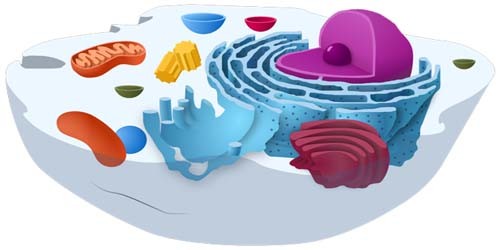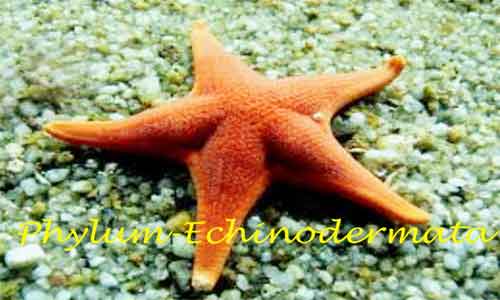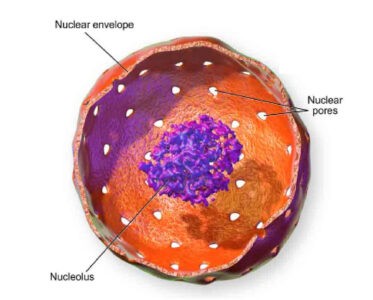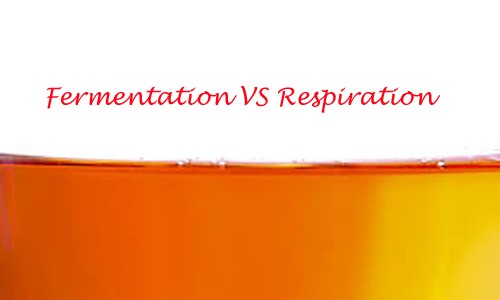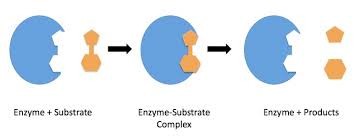Cell Related Terms and Definitions
Biology: Biology is a branch of science which deals with the study of living organisms. Cytology: Cytology or cell biology is the study of the structure and function of the cell. Cell: Cell is the functional and fundamental unit of life. Cellular Respiration: Cellular respiration is a process by which cells produce the energy that … Read more

